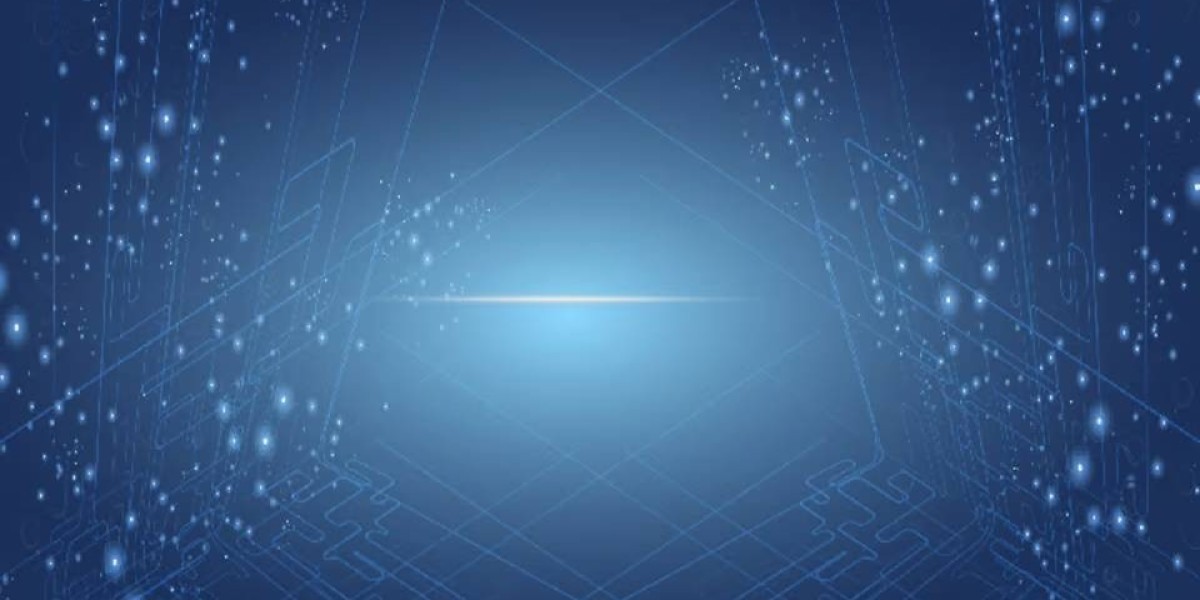Market Overview
The global IR Spectroscopy market is witnessing significant growth, driven by increasing applications in pharmaceuticals, biotechnology, food testing, and clinical diagnostics. Market Intelo’s latest research estimates the market at USD 1.9 billion in 2023, projected to reach USD 4.7 billion by 2032, expanding at a CAGR of 8.4% during 2024–2032. Infrared spectroscopy is widely used for analyzing molecular composition, identifying chemical compounds, and ensuring quality control in healthcare and laboratory environments.
Get Sample Report of IR Spectroscopy Market @ https://marketintelo.com/request-sample/1159
Key Market Drivers
Rising demand for accurate and non-destructive analytical techniques in healthcare and research laboratories is a major driver. IR spectroscopy enables rapid identification of molecular structures, monitoring of drug formulations, and detection of contaminants, enhancing efficiency and reliability in laboratory testing. Additionally, growing investments in healthcare infrastructure and technological advancements support market expansion.
Industry Applications and Trends
IR spectroscopy is extensively utilized in pharmaceutical quality control, clinical diagnostics, and biotechnology research. It aids in identifying chemical bonds, analyzing protein structures, and monitoring biochemical reactions. In addition, its applications in food safety testing and environmental monitoring contribute to market growth, as regulatory compliance and quality assurance become increasingly critical.
Get Sample Report of IR Spectroscopy Market @ https://marketintelo.com/request-sample/1159
Technological Advancements
Modern IR spectroscopy instruments are equipped with advanced Fourier Transform (FTIR) and Near-Infrared (NIR) capabilities, enhancing sensitivity, accuracy, and data processing. Miniaturized, portable spectrometers are gaining traction in point-of-care testing and on-site analysis. AI and cloud-based data analytics are further improving real-time monitoring, predictive diagnostics, and integration with laboratory information management systems (LIMS).
Regional Insights
North America
North America dominates the IR spectroscopy market, driven by the U.S., due to advanced healthcare infrastructure, high adoption of analytical technologies, and strong R&D activities in pharmaceuticals and biotech sectors.
Europe
Europe demonstrates steady growth, with Germany, the U.K., and France leading adoption in clinical and industrial laboratories. Regulatory standards and investments in analytical technologies further support market expansion.
Asia Pacific
Asia Pacific is expected to experience the fastest growth, led by China, India, and Japan. Expanding healthcare infrastructure, increasing pharmaceutical manufacturing, and rising laboratory automation drive market demand in the region.
Read Full Research Study: https://marketintelo.com/report/ir-spectroscopy-market
Competitive Landscape
The IR spectroscopy market is highly competitive, with key players focusing on product innovation, strategic partnerships, and regional expansion. Leading companies include:
Bruker Corporation
Thermo Fisher Scientific Inc.
Agilent Technologies, Inc.
Shimadzu Corporation
PerkinElmer, Inc.
JASCO Corporation
ABB Group
Analytik Jena AG
These companies are investing in high-performance spectrometers, miniaturized devices, and software solutions to enhance analytical capabilities, data accuracy, and user experience.
Market Segmentation
By Product Type
Fourier Transform Infrared (FTIR) Spectrometers
Near-Infrared (NIR) Spectrometers
Others
By Application
Pharmaceutical & Biotechnology
Clinical Diagnostics
Food & Beverage Testing
Environmental Monitoring
Academic & Research
Future Outlook
The global IR spectroscopy market is expected to sustain strong growth, driven by technological advancements, rising demand for accurate and non-destructive analysis, and increasing adoption across healthcare, pharmaceutical, and research applications. While high instrument costs and the need for skilled personnel may challenge adoption in some regions, ongoing innovations and the expansion of laboratory infrastructure are expected to drive market growth.
As industries increasingly emphasize quality, safety, and regulatory compliance, IR spectroscopy will continue to play a pivotal role in advancing analytical capabilities, supporting research, and ensuring precise diagnostics worldwide.
Related Report







